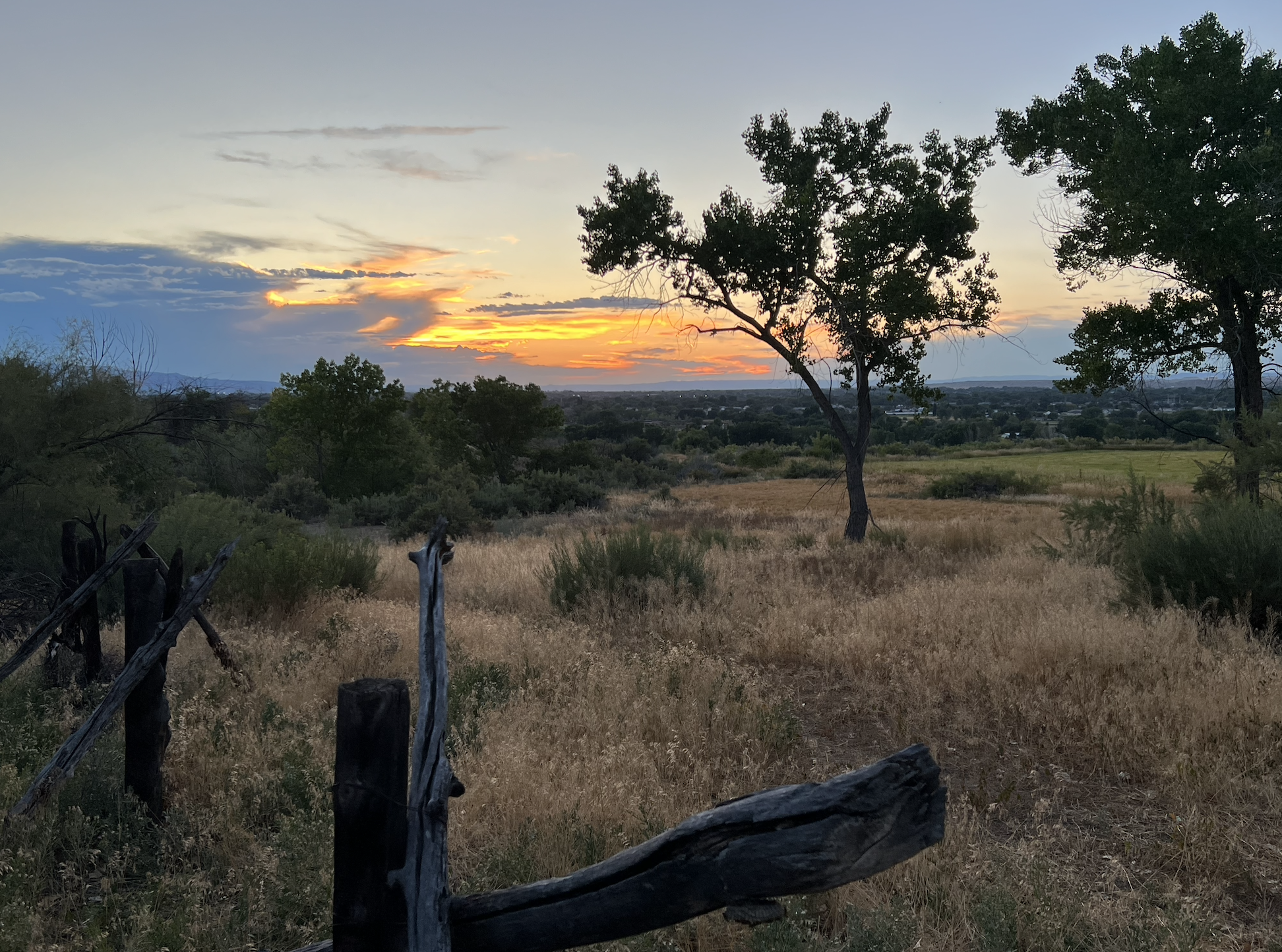Last week I co-hosted a Berkana gathering, “Weaving the Web.” Held in upstate New York, near Rosendale, this was a gathering of immensely inspiring people from around the world, each part of initiatives connected into the Berkana family. Manish and Reva from India and Swaraj, a progressive university of unlearning. Jackie from Zimbabwe’s Kufunda Learning Village. Edgard from Brazil. Mabule and Nomundi from Southern Africa. The Berkana Board. Art of Hosting and Berkana Exchange colleagues and friends. It was for me, overall, a place of coming home. It was a place of deep ease and appreciation. It leaves me remembering a deep sense of belonging that I feel with Berkana.
One of the learnings for me in this time was a few next levels on communities of practice that are feeling particularly helpful now. A bit on the “what” of that follows. The “why” is easy to seen in many places. People are yearning to form into more deliberate groups with ability to improve them and offer themselves in a way that is helpful. It was so true working earlier this month with labour educators and the Canadian Labour Congress. It is apparent working with participants this week in Arnprior at the Art of Hosting.
The what…
-With Aerin Dunford and others during an open space session on some of the differences between networks and communities of practice. We were talking about how the term “communities of practice” sometimes feels prematurely imposed on a group that, though they may want to become a more deliberate community, aren’t. Communities of Practice agree to particular steps, sometimes very simple, that are shared and practiced (implemented, expressed) by the group. Our example that we spoke of in South Africa was one of parenting. You can form a group of people who are committed to parenting. This is important work, connecting in to a network and building relationships. But Communities of Practice agree to particular steps together — in parenting, to be together at particular times of the week. And then, they agree to return together to share their learning, experience, stories, and in so doing, discover next shared practices.
-As many of us are now teaching with a model that grounds Berkana work, there are key leadership acts. Naming pioneers. Connecting in networks. Nurturing communities of practice. Illuminating systems of influence. The leadership act is to help the group begin. To host and participate in conversations that help a group choose its minimal steps together. For example, in my local practitioners circle we agree to three things: 1) meeting in circle once a month for two hours, 2) the focus of each gathering is on applied use of participative leadership in a project, and 3) we harvest and share our learning.
Gratitude to Berkana friends.



